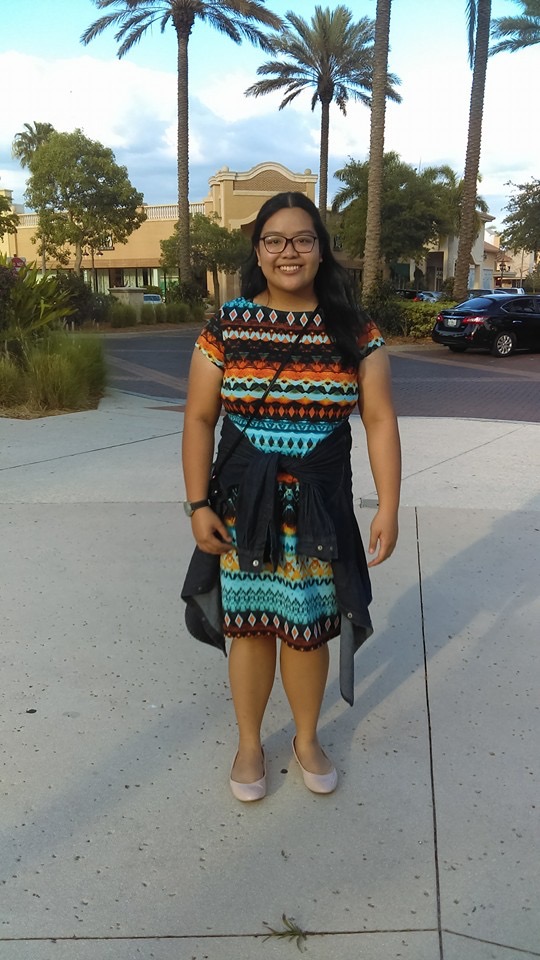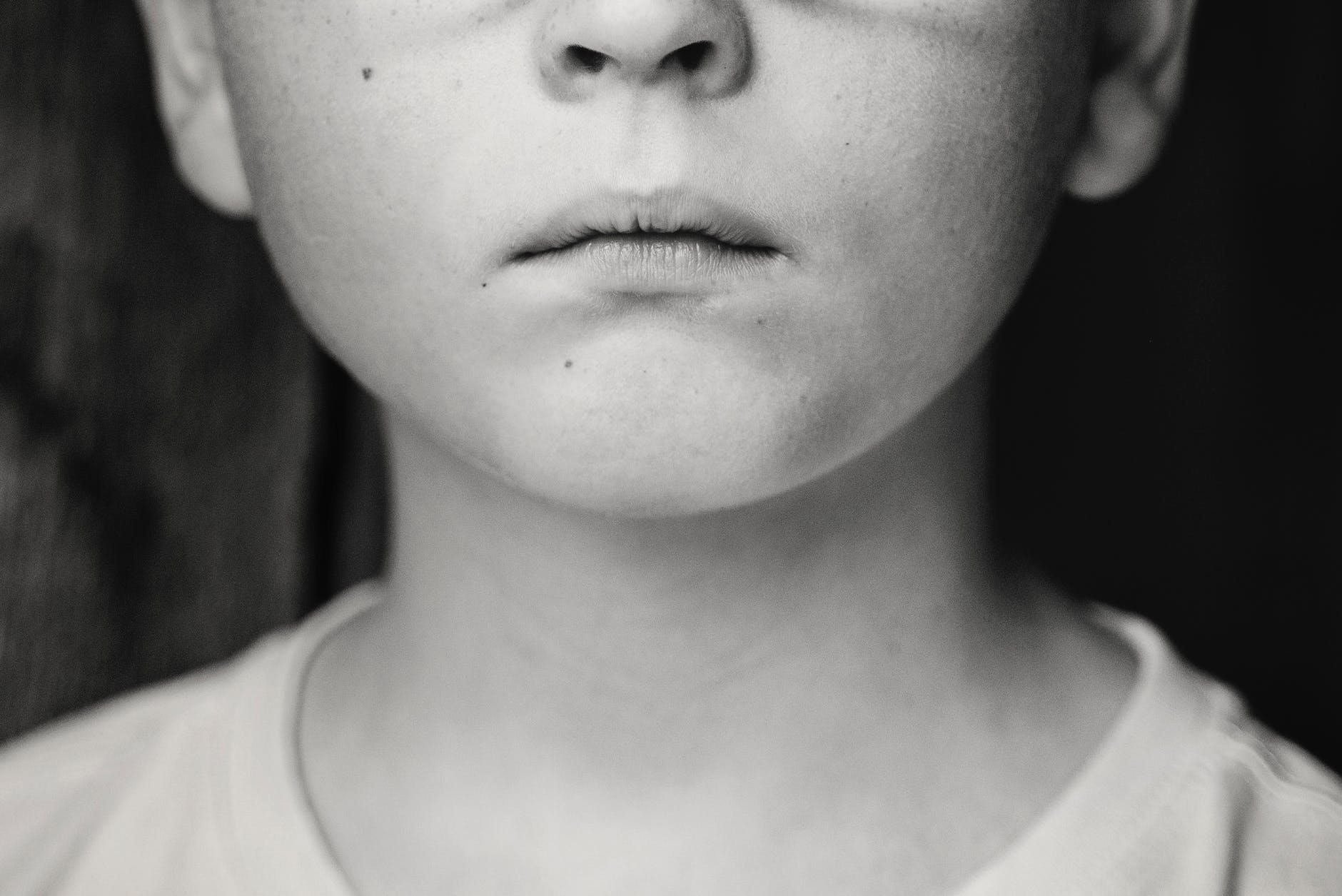Is mental health really a matter of the mind or the spirit?
Gone are the days when people were chained, isolated, laughed at, or ignored because they acted strangely, exhibited “dual personalities,” or are just dark and dreary for long periods of time. Or, are they? When we think that mental instability is a result of moral failure or a spiritual state, don’t we also somehow respond the same way as confining, driving away, shrugging off and neglecting a person?
A multi-faceted approach in dealing with mental issues seems to work best. We learn from experts that complementing medicine and therapy with personal faith, and the care and support of family and friends, produces significant recovery results for a loved one.
The topic is more openly discussed now, but the stigma remains. As writer Nathaniel Hoffman has said, “…until people are willing to put their names on these stories, this isn’t real.”1 Here are six people who were willing to share how faith, family, and friends play a relevant role in their mental health.

Dillan Franco, 23, fresh graduate of Special Education: Being a young man with depression has never been easy. You have this social image that men should be strong and unemotional…(that) makes you isolate yourself from the rest of the world and turn everything off. I was never the most religious person and I usually keep to myself. Through that I struggled and sought to pray and found that keeping your faith and knowing that God is there for you all the time brings hope. (To) know that He is always there makes things a lot lighter.
I have family members that have struggled with their mental health and I hate to see and know they go through it because I know how difficult it gets. I always feel this urge to want to help in whatever way I can. That’s what family is. They struggle with you and go through different lengths just to help you get by and over.
Friends make it easier to open up and venting is something that helps manage one’s mental health. Speaking to someone who will listen and who you can confide in is something everyone needs.

Lui Franco, 17, senior HS, Jiu Jitsu practitioner and wrestler: Faith in God over the years has made its mark on my mental health. Talking to God allows me to feel like I have someone to catch me when I fall. He lets me feel that everything is going to be okay by putting such understanding people in my life, people who care about me. I know that God put great people to stand by me because He cares about me.
My family has been nothing but supportive. My siblings mean the world to me. They’re willing to listen to me and look after me. Whenever I have an episode, they’re there by my side.
I’ve thankfully made a few friends who are completely okay with who I am and accept the baggage I carry, and they’ve helped me out by treating me like a regular person. My teammates would just let me sit down and get myself together, they leave me for a breather and I’ll be back on my feet after a few minutes. But when I have a suicidal episode at home, I usually get myself to tell someone and … they don’t leave alone,…keep an eye on me; and remind me that things are okay and I don’t need to do anything stupid.

Tata Franco, 47, mom & teacher: The 3Fs (family, friends, faith) did not work for me. (Depression) in fact, shook my faith and my relationship with Jesus and my family. I was given, maybe all the spiritual advice that my family could give me, from friends, counselors, pastors, etc. I knew I needed more than that. But I felt I wasn’t being heard until I was brought to the hospital two times due to overdose.
I did not have that faith during my recovery because I had a “falling out” with God then. I did not acknowledge any help from God then. I just realized later on how God’s presence was in the midst of my recovery.
Mental health issues are not bloodied wounds that can be seen, …manifest physical pain or disfigurement., (but) treated differently from … ailments that need medical attention. And leaving it all to prayer and faith can be more harmful to the patient mentally and spiritually. There would also be the struggle of the patient for “not being a Christian” if you…leave it all to faith and prayer to make you well.
Family should check-in with the patient’s doctor so that they can be well informed…(on) how they can help and deal with everyday circumstances. Family counseling (may help) if the doctor suggests.
What helps: Listen and validate. Acknowledging their struggle could be very comforting and not make them feel ridiculed. Accompany and encourage that friend to see a counsellor. Tell your parents about your friend’s mental health issue (who can then talk to your friend’s parents). Seek the advice of a person who has dealt with mental health issues… I ask them (fellow strugglers) if they want to hear an objective advice or if they want some help processing thoughts and then I would say, ‘Because that’s what I did and it helped me.’
Words that help:
- I don’t really know how you’re feeling/ I can’t relate, but what you’re going through must be really difficult.
- I can be a sounding board.
- I don’t know if I can help but I can listen.’
- How can I help?
- Is there anything I can do?
- Do you want company or do you want to be left alone?
- Do you want to talk about it?”
What won’t help: When we think that we know it all…(and) belittle the disease. But if we treat it as harmful and devastating as cancer, AIDS, or any life threatening condition (but can be managed), we will be careful about what we say and do. Please do not say:
- You’re so strong!
- You’ll get through this.
- Kaya mo yan! (You can do this!)
- GRABE! How do you get by?!
- Snap out of it!
- Bakasyon lang yan! Or: Massage lang kelangan niyan! (Take a break! Get a massage!)
- God will get you through this.
- You should pray more.
- Maybe God is saying something.
 Philip Santos, 20, BS Human Capital Development student: Having (a) relationship with (God) brings a whole new meaning that is always appropriate for your situation. His Word never fails to motivate, to encourage, and to minister. His Word had never been (more) real than when I was going through depression, and it is even so much more real now that He’s healed me. Going through faith-stretching experiences …makes you appreciate the genius of our Lord. He said He would be with us always and that He would not leave us alone. He left us His Word to directly communicate with us and His Holy Spirit as the seal of our promise in Him, our ever present Helper and Guide. Christian music played a big role …even until now post-depression (as) something you can hold on to and sing.
Philip Santos, 20, BS Human Capital Development student: Having (a) relationship with (God) brings a whole new meaning that is always appropriate for your situation. His Word never fails to motivate, to encourage, and to minister. His Word had never been (more) real than when I was going through depression, and it is even so much more real now that He’s healed me. Going through faith-stretching experiences …makes you appreciate the genius of our Lord. He said He would be with us always and that He would not leave us alone. He left us His Word to directly communicate with us and His Holy Spirit as the seal of our promise in Him, our ever present Helper and Guide. Christian music played a big role …even until now post-depression (as) something you can hold on to and sing.
Bringing me to a psychiatrist was the best thing that my family did for me. Praise be to God that they were supportive throughout the entire journey and … able to financially support the sessions and medications.
God blessed me with a lot of friends. My best friend…happened to be going through similar conditions so we look out for each other…that support system really helped me stay alive…. Having two accountability partners, (meeting) even more people, thanks to…Twitter…decided to reach out, helping reach where I am today. …My GCF Youth LIVE community (gave me) help, love, and support… in different degrees — that solid foundation really sustained me through all those years.

Jobie Sebastian, 24, graphic designer: My mental health is not something I’d be proud to share but with the openness and willingness of my friends, family and faith I’ve come to realize that it’s not a disability we should put aside in hiding…
Countless times I’ve asked God, “Why allow me to have a mental health issue?” I stopped asking when my dad also struggled with it. Instead of “Why?”, maybe asking “How can I be of use?” or “How can it be of use to glorify You?” My dad was in a low point in his life that only I knew where he was coming from. It helped me be the person to stand up for him and reminding him that he has not failed, because my dad himself was the one who taught me God’s Word and I couldn’t have helped him if he didn’t share God’s love to me.
My friends and family have always drawn me and reminded me about my faith in God. And in times of turmoil, it is God that remains constant in an everyday predicament. My family and friends have always welcomed me with their ears and most of the time, that’s all that’s needed—someone to listen to you.
I’m no perfect example of someone devoted to God. But I can promise (to be) someone who can struggle with them and be their friend. The sense of someone to connect to.

Justine Yambao, 24, worship ministry assistant : One of the things that I was constantly told from the time I was 10 till today is that God’s love is unconditional and His grace is unfathomable, and that is one of His truths that really comforts me in times I felt so vulnerable and flawed. The idea that I did not need to perform to be loved, and how it became a reality in my life is one of the factors that would hold me from committing to my suicide attempts. And that is what my friends would tell me when I couldn’t find hope in darkness.
What hurt most was when I would break down and I was told that I was selfish for wanting to kill myself and that I wasn’t thinking of those around me… Whenever I wanted to kill myself, it wasn’t because I wanted to hurt anyone. It was because I wanted to stop hurting those around me, or to stop being a burden, but it was never meant for revenge. It would have helped if someone just really sat by my side and listened. They don’t even need to say anything.
A spiritual relationship with God transcends human understanding. It’s such a beautiful experience to realize how broken you are, yet know that it doesn’t matter to someone. I can confidently say that I have experienced and witnessed so much in my life where I believe only God could have done/shown me that…
My most recent suicide episode in October 2018 went from chaos to calm… Just as I was about to, Someone just clung onto me. Not physically, but inside of me, Someone held me… It felt like there was a dialog, but there wasn’t. Everything just went silent. It felt like Someone was hugging my heart and soul. All of a sudden, I could hear the street lamp flickering. There was silence and peace within me. And I don’t think that was simply because my brain shut down, because that hug was the most comforting, non-physical gesture I had ever had… I felt so safe, and all I could remember was receiving that love I knew was from God. And even as I write this, I was actually contemplating suicide last night, so today is not exactly a great day, but going back to that memory, I just feel so safe and loved, and I don’t think I would have gone this far if I didn’t have that deep relationship with God where I just come to Him bare, carrying everything of me in its raw form.
“Faith definitely helps,” states Dr. Aurorita Roldan, UP Faculty of Family Life and Child Development and Head Counselor of GCF Emmaus Road Counseling Center. “When I say faith, I talk about spirituality and relationship with God. You realize that there’s someone else bigger than you who’s in control.. You know that you are not alone, and that things don’t happen at random. There’s always a purpose for what’s happening, although you don’t understand it. That’s where faith comes in… You can’t figure out, you don’t see any reason for what’s happening.”
Referring to Friedrich Nietzsche’s “To live is to suffer, to survive is to find some meaning in the suffering”, Dr. Roldan adds: “The most difficult suffering is when you don’t understand the reason for that suffering. If you know, then you can endure it. But if you don’t know, that’s really difficult. That’s where faith comes in. That’s why faith is important. Even if I’m suffering right now, I know that there’s a constant… There’s nothing that happens that God did not allow to happen, so there must be a purpose for it somewhere when I look back. Right now I might not be able to understand it, so that’s where faith comes in; because not everything can be understood actually.”
Acceptance by the family is very important to the patient. If the family rejects you, you move on outside with that feeling of rejection. Parents can encourage their child about how faith can help, by basically praying for them and with them, depending on their age. Siblings can pray, too.
Dr. Roldan thinks “Faith is not something you tell your child to have; it’s a product of experience of God. So, it has something to do with a genuine faith; it’s not something you dictate. It’s coming from within, and it is developed because of one’s experience with God. So when people say, ‘Have faith in God,’ it could be so abstract if one has not experienced it. It’s really praying for the child to have a genuine experience of God, and their need for God, and the opportunity to grow and to trust God for what he cannot understand.”
She advises that when a child is growing, we can use opportunities to exercise faith: like praying together when the child is sick so he directly experiences answered prayer. The parent can share about how God worked in her own life, talking about her own imperfections, weaknesses, and resolutions of conflicts or problems.
Her counsel to friends include: “Instead of saying ‘Pray,’ pray with your friend or ask, ‘May I pray for you?’ or “Let’s stop and pray, I want to pray for you.’ Instead of thinking of the words you could say, listen a lot. You don’t have to play like a clinician, psychologist or counselor…just respond genuinely. If you’re genuinely concerned, and it’s love that pours out of your heart, the right words will come out.”
Rev. Susan Gregg-Shroeder, coordinator of Mental Health Ministries, says that “The most painful part of my illness was the feeling of disconnection. A supportive faith community would have helped me feel that I was connected to something bigger than my own feelings of worthlessness and hopelessness…(and) would have embraced my family. We would not have had to suffer in silence. I pray that the time will come when families living with a loved one with mental illness will be silent no more.”2
“We still face the long-standing conflict between faith and science. The scientific medical model looks for a cure. The emphasis is on finding answers and the relief of symptoms. As we know, many times, there is not a cure. Healing is the peace that comes from knowing that God is working in our lives to bring about the best possible outcome, which is healing mind, body, and spirit. This sense of peace and wholeness are gifts from a loving and compassionate God even as we learn to live with mental illness. The challenge we face today is not the choice between faith and science. We need both. Medications may stabilize symptoms. But it is relationships, connections to others and love that heal the soul.”3
1 TEDx Talks. (2013 December 10). Liza Long at TEDxSanAntonio: Time to Talk – a Parent’s Perspective on Children’s Mental Illness [Video file]. Retrieved from https://youtu.be/EkL6Qx07aiU
2 Susan Gregg-Schroeder, “Mental Illness and Families of Faith: How Congregations Can Respond” The Christian Citizen, Vol. 2, 2014. https://www.psychiatry.org › Psychiatrists › Cultural-Competency › Schroe..
3 Gregg-Schroeder, Rev. Susan, Mental Illness & Families of Faith: How Congregations Can Respond Resource (Study Guide for Clergy and Communities of Faith) http://www.mentalhealthministries.net/resources/study_guide/mental_illness_study_guide.pdf

More into numbers than words, Richelle Joson-Ligot grew up writing merely in her head and in her heart, making up stories and characters, mixing up syllables to mean a new idea, and recording these all on diaries and in cassette. A voice talent, homeschooler, creative consultant, and choreographer, she is gifted in many ways, but considers the best gifts in her life to be the people the Giver has blessed her with – husband Tot, and children Mishka, Nikita, Miro and Yakob.




